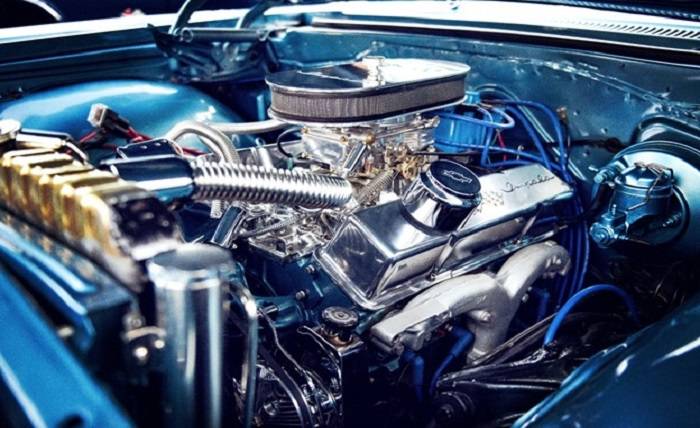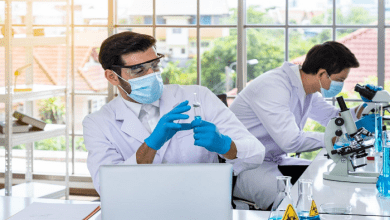
Tips to Clean Your Engine and/or Brakes
It’s that time of year again when the leaves start to fall and the temperature starts to drop. As the weather changes, it’s important to make sure that you are taking care of your car. One way to do this is by regularly cleaning your engine and brakes. But how do you even approach this task without causing more damage?
Why Clean an Engine or Brakes?
Before we offer some advice, let’s first answer the question of why you should even clean your engine or brakes in the first place, especially when considering the catalytic converter scrap price. For starters, it’s important to keep these parts of your car clean to prevent corrosion. Over time, dirt and grime can build up on these surfaces, causing them to break down. This degradation not only affects the performance and lifespan of your engine and brakes but can also impact the overall value of your vehicle, including its catalytic converter. Regular cleaning can help maintain the efficiency and longevity of these crucial components, potentially saving you money in the long run. So, investing time in cleaning your engine and brakes is not just about aesthetics or performance; it’s also a smart financial decision.
In addition, a clean engine or brake system will also run more efficiently. If there is a lot of build-up on these parts, it can make them work harder and use up more energy. In the long run, this can lead to costly repairs.
All in all, it’s just good practice to keep your engine and brakes clean. Not only will it prolong their lifespan, but it can also save you money because you shouldn’t have to pay for replacement parts as soon.
Cleaning an Engine – Top Tips
When cleaning an engine, it’s important to be careful; after all, you don’t want to damage any of the delicate parts or get any liquids on hot surfaces. Here are some tips to keep in mind:
- Make sure the engine is cool before starting. If it’s been running recently, wait at least 30 minutes for it to cool down.
- Protect yourself with gloves, goggles, and a face mask; you can buy safety equipment from professional brands like Industrial and Automotive Parts. With safety equipment, you avoid getting any harmful chemicals on your skin or in your eyes.
- Cover electrical parts with plastic bags or tape; this will prevent you from accidentally getting any liquids on them.
- Use a hose to remove any visible dirt or grime from the surface of the engine. Furthermore, you can also use a pressure washer, but be careful not to get too close to the engine with the high-pressure stream of water.
- Make a cleaning solution with water and degreaser; there are many different types of degreasers available, so make sure to choose one that is safe for your vehicle.
- Apply the cleaning solution to the engine with a brush or cloth; scrub all of the dirt and grime away. Soon enough, you should see the engine starting to look much cleaner.
- Rinse the engine off with clean water to remove any residual cleaning solution and dirt.
Cleaning Brakes – Top Tips
What if you want to clean your brakes? Well, here are some top tips to help you out:
- Start by removing any brake pads or callipers that may be in the way since this will give you better access to the components that need to be cleaned.
- Next, use a brush or cloth to apply a brake cleaner solution to the affected areas.
- Allow the cleaner to sit for a few minutes before rinsing it off with clean water.
- Finally, dry the area off with a towel and reassemble the brakes before taking your car out for a spin.
With this, you have some advice for keeping your engine and brakes clean. Why not get started today?




